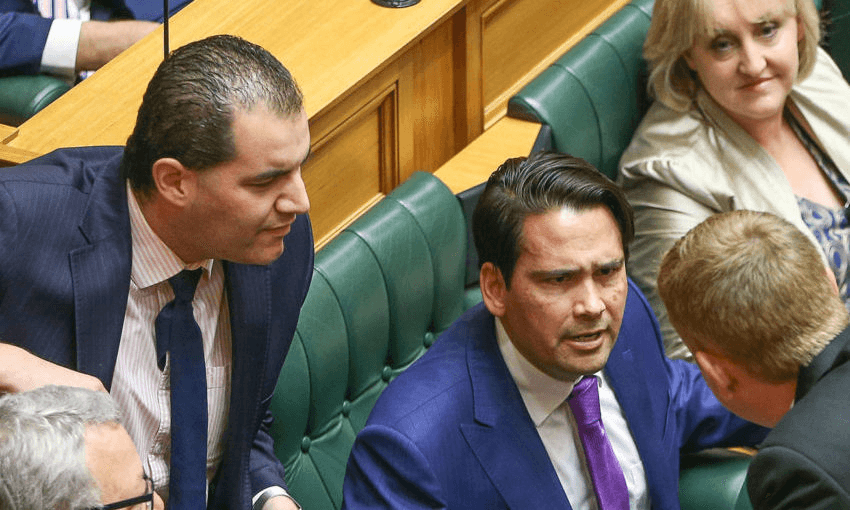Political leaders and their advisers know that the kind of disunity evidenced by the Jami-Lee Ross attacks is uniquely toxic with the public, writes Danyl Mclauchlan
It was such a reasonable assumption. When someone leaked Simon Bridges’ travel expenses the National leader did what politicians always do when assigning blame: he asked himself the timeless question: “Who benefits?” Who gained a strategic advantage over him by giving those documents to Tova O’Brien, TV3’s formidable political editor?
Certainly not his colleagues on the National Party front bench. It would make no sense for an MP like, oh, say, his former chief whip Jami-Lee Ross, to be briefing the media against his own leader. Just look at National’s polls! If they stayed that way then in less than two years Ross — who was only in his early 30s – might be minister of transport and infrastructure. Why would he put that at risk? It made no rational sense.
That’s why from Bridges perspective it was obvious that Labour was the leaker. And if he could prove it — it was probably just some staffer but maybe the Speaker of the House was involved! Maybe even someone in Ardern’s office! — then that would be a devastating blow to the government. So Bridges had everything to gain and, he must have figured, nothing to lose by vigorously prosecuting the investigation into the leak. When Trevor Mallard closed his investigation down (and then secretly restarted a slimmed-down version, without telling Bridges) that was even better. Bridges could allege that the Speaker was involved in the cover-up. It was win-win!
And now here we are. The report by PWC and Simpson Grierson, verified by a QC, has identified senior National MP Jami-Lee Ross as the probable leaker. Ross is currently on health leave for reasons unrelated to the leak but that was also, a source close to National told me, a massive flashing light indicating that Ross was the leaker.
Jami-Lee Ross denies being the leaker and he’s going down fighting. This morning “someone” leaked details of Bridges’ donation declarations to Newshub’s Duncan Garner, linking Bridges to the Exclusive Brethren and something with the mysterious, da-Vinci-Code-esque name of The Cathedral Club. And just prior to the press conference naming him, Ross claimed on Twitter that he has evidence of Bridges “discussing with me unlawful activity that he was involved in”. Relating to electoral donations.
This is the stuff of nightmares for Bridges — who denies all the claims — and the rest of National. Political nerds obsess over policy and ideology but leaders and their advisers know that this kind of disunity within a party is uniquely toxic with the public. The voters don’t want idiots running their country. They know — even if a party’s supporters don’t — that a party consumed with infighting is unfit to govern and a leader unable to control caucus is unfit to lead.
National needs this to go away. Every second they spend talking about this is time they’re not attacking the government on petrol prices or teacher strikes. But Ross has decided to go out fighting. He seems likely to lawyer up and resist any attempts to remove him from the National caucus, or from parliament, and seems inclined to inflict as much damage on Bridges and, collaterally, his own party as possible.
Ross’s motivations for tearing down his career and the party he’s been a member of his entire adult life are not yet in the public domain, and there was an assumption within National that he’d want a quiet, dignified exit from politics. That was, yet again, the sensible, rational move.





